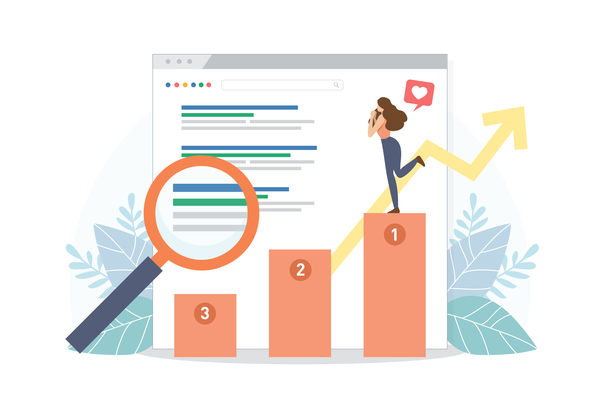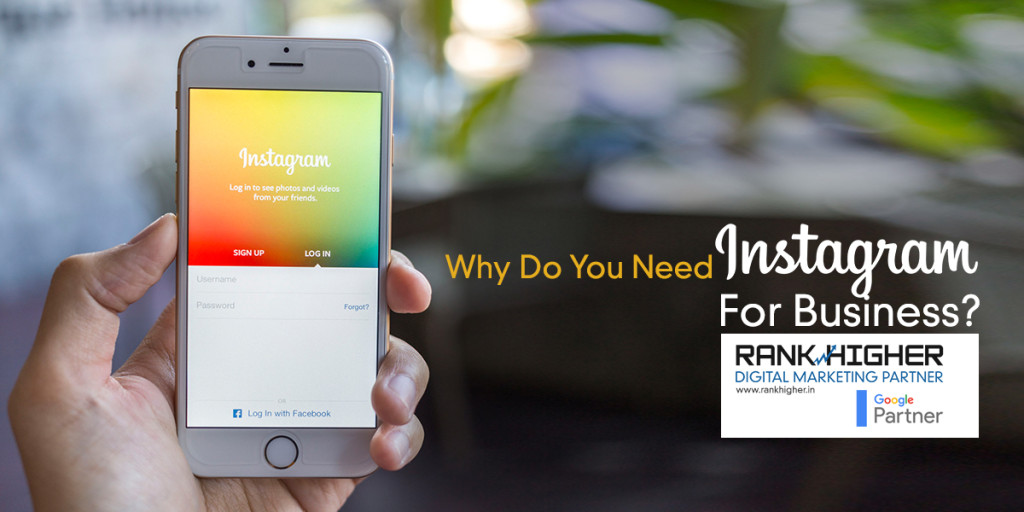We all know there are various factors involved in search engine rankings. One of the basic steps is On-Page SEO. Doing the On-Page optimisation is equally important as Off-Page. Before you decide to post something on your website and expect to rank higher, you have to do the On-Page optimisation properly. Here are some points which you should focus on when building a website:
1. Keyword on Page Title – impact on ranking – High.
Suppose I search for the keyword “ab machine reviews” and I see the following result-
Which one are you going to choose when you search for the above keyword?
I am going to click on the second result as my keyword is present in the website title. The first option is not that appealing for me. So from the viewers point I would go for the keyword which is present in the title.
So the learning here is: Always use keyword in the Page Title
2. Keyword on the header- impact on ranking – moderate.
An optimised page should utilise the header tag properly. The impact of the header tag is not much but it will be much easier for Google spiders to crawl through the page if the header tag is properly set. For example H1 tag should contain the main keyword and H2 tag should contain a similar keyword and H3 tag will contain another related keyword as well. So in ideal case it will be like H1 tag- Paragraph, H2 tag Paragraph, H3 tag paragraph. The more proper the tag the more specific the paragraph becomes.
Let’s use and example on "How to lose weight":
Notice as you go down (the header tags) your topics becomes more specific.
3. Keyword in page content- Ranking impact is very high.
Those days are gone when you keep on stuffing keywords and you rank much higher in Google. Search engines now consider more than 1% keyword in the content of the page as high. So in a 1000 words article the main keyword should not be more than 10 times. Also never try to copy content from different places as the search engines never like duplicate content. Also in your posts try to make all the content unique and never repeat the same stuff again in any of the lines.
4. Alt tag on pictures- Medium ranking impacts.
Although search engines have their algorithm designed to detect what pictures you have used but it is always very good to use Alt tags as this makes the engines much easier to understand what the picture is and they index much faster.
See an example image here. Notice how the image Alt Tag shows when you drag your mouse-over on the page.
5. Keyword in URL- Medium impact on rankings.
This used to have very strong impact on rankings before but now keyword in URL has very little impact. However, keeping the primary keyword in the URL does help the spiders to crawl the site. Also from users point of view if they see their keyword in the URL, they will most likely click on the URL than seeing a related keyword. So adding the main keyword in the URL still holds it value.
6. Meta description Medium impact on rankings.
Although search engines give medium impact on the rankings boost for the meta description but Google always shows this description in a little paragraph after their search results. For the Click Through Rate, it is important to have a 160-200 character meta description and the targeted keyword on it.
7. Meta tag keywords – Impact on rankings – No impact
Meta tag keywords used to have very high impact on rankings before and most of the Wordpress plugins already have these feature added to them. However, paying attention to this is simply a waste of time. Check what Matt Cutts (Head of Google Web Spam Team) has to say about this:
[embed]http://www.youtube.com/watch?v=RBTBEfd7z_Y[/embed]
Conclusion- As you have seen there are many steps involved in On-Page optimisation but as you start following these steps you will get much more experienced in differentiating a good optimised page from a poorly optimised page. On-Page optimisation is one of the most important elements of SEO other than keyword research and off page optimisation.
___________________________________________________________________
ABOUT THE AUTHOR
Nilanjan Roy works in a software firm in UK and did his Masters in IT for E-Commerce from University of Sussex. His part time passion is learning SEO and building affiliate sites in word press. He is an expert in keyword research and google analytics. He also does SEO for local small businesses in the UK and India. For keyword analysis or any SEO tips you can contact Nilanjan at: nilanjan.nroy@gmail.com or his direct number at: +44 7788 297419










